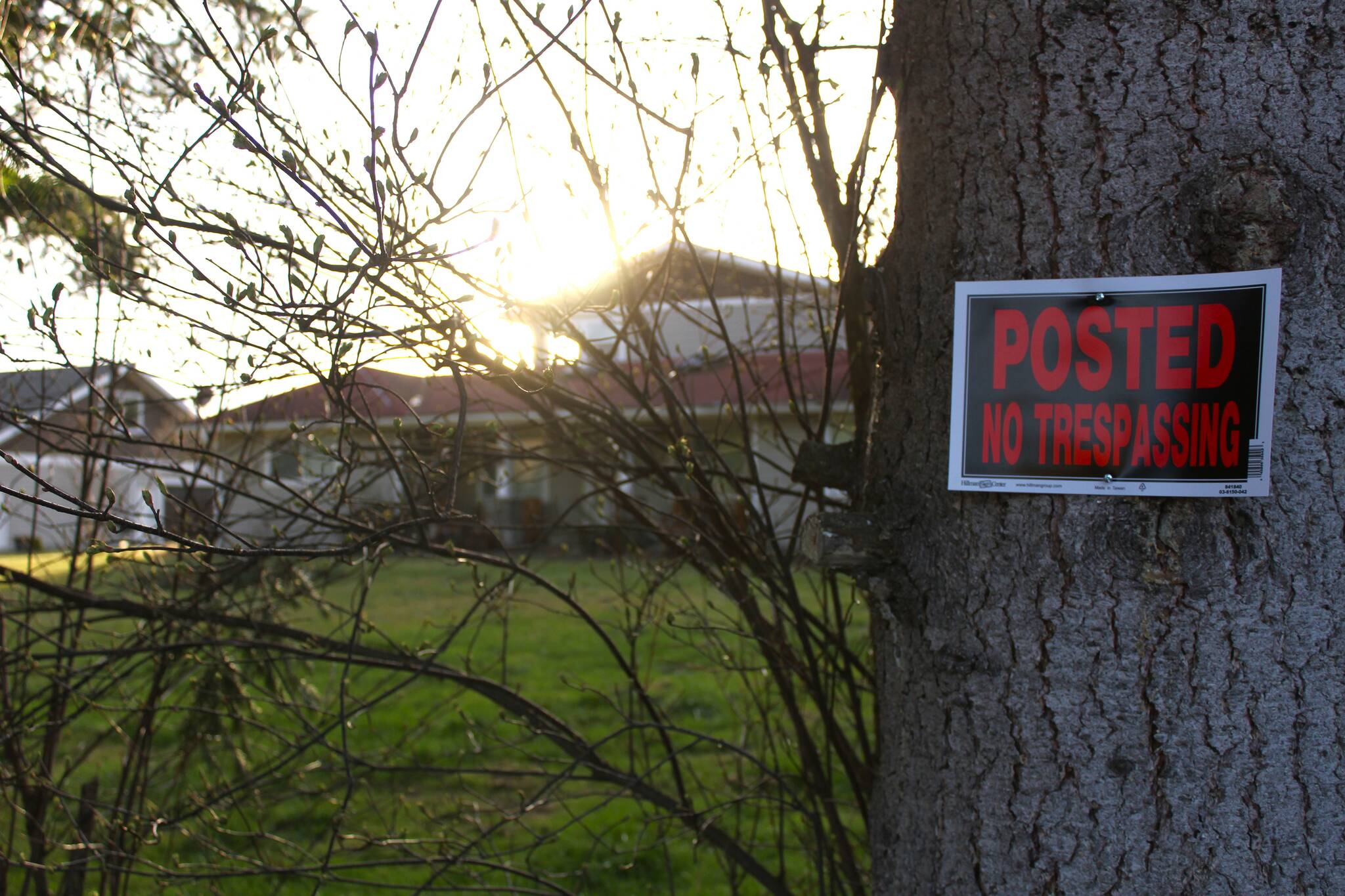Local residents cheered when a Tenino group home for high-level sex offenders closed late February after mounting public pressure.
But will Enumclaw’s group home meet the same fate?
Residents in both cities recently expressed outrage over these group homes, known as “Less Restrictive Alternatives”, opening in their communities with little to no public notice.
The Tenino home was owned and operated by Supreme Living, which runs at least three other residential behavioral health services facilities in Olympia and Tacoma. Residents were originally going to move into the home on Feb. 1, but pushback from the local community put those plans on hold.
Then, on Feb. 28, Supreme Living announced it would no longer use the Tenino home for “supportive housing services”.
“Supreme Living announced today that due to resources and expenses associated with land use requirements, it will not proceed with providing supportive housing services at its Tenino property,” an official statement reads. “Supreme Living values its relationship with the Department of Social and Health Services and continues to strongly believe in the importance of providing much needed supportive services. Supreme Living appreciates the courtesy and professionalism of DSHS and Thurston County staff in connection with this matter.”
The Courier-Herald reached out to Supreme Living about what specific complications prevented the company from using the home as planned, but did not receive a response.
Enumclaw’s situation is fairly similar. The LRA here, called Garden House, is owned by Jill Rockwell. Her husband, Rick Minnich, runs a polygraph company that assists the Department of Social and Health Services – the agency in charge of the McNeil Island Special Commitment Center, where sex offenders are released from into LRAs – when it comes to assessing offenders and their readiness to leave the island.
This appearance of a conflict of interest is only one of the many complaints the Enumclaw community has about the facility, though the DSHS has stressed that the polygraphs are just one part of an extensive review of McNeil Island residents, and that Minnich does not assess any offenders that slotted to be relocated to Garden House.
Other complaints include inappropriate zoning and violation of code, breaching loan terms, a lack of security, the home’s proximity to a school bus stop, elementary school, and local children, and a lack of public notice and opportunity to comment.
King County has confirmed that a group home like Garden House can operate in the agricultural zone it was built in, but county code enforcement has opened an investigation into whether or not a detached garage is an auxiliary dwelling unit with no permit. Another complaint was made about the home’s septic tank, but it doesn’t appear code enforcement will be investigating that claim at this time.
An issue concerning Rockwell’s and Minnich’s loan has been referred by the Washington State Department of Financial Institutions to the King County Prosecuting Attorney’s Office and the Washington State Attorney General’s Office, as it appears a residential loan was acquired to purchase the home that became Garden House, not a commercial loan. Though the case has been referred to prosecutors, that does not mean an investigation will be opened or charged filed.
As for security, numerous experts testified in court that it was in the “best interests” of Stevan Knapp, Garden House’s sole resident, to be moved out of the McNeil Island facility into the LRA, and that the security protocols in place would be adequate to keep him and the surrounding community safe. The McNeil Island facility is not a jail, but a special commitment center, and by law, DSHS must release residents if so ordered by a court.
Additionally, Garden House is well outside the 500-foot barrier it needs to be from schools and licensed child care centers. There is no such requirement when it comes to bus stops or children that live nearby.
Finally, there is no state law requiring DSHS, or any government agency, to notify residents when an LRA is created in their area. The only notification the public may receive is when a sex offender moves into the home; in King County, that’s done through an opt-in system through the sheriff’s office.
Whether any of these complaints will result in Garden House being closed down is unknown, and it’s unclear how public pressure may be affecting Rockwell and Minnich’s decisions to continue operating the home. The Courier-Herald has attempted to contact them via phone on numerous occasions, but has yet to receive any response to questions.
Local residents have also lobbied to have DSHS negate its contract with Garden House in order to shut it down.
While it would be possible for the department to do so, that would only serve to reduce agency oversight at the LRA and would not close it down, DSHS has said.
Washington has 26 different LRAs across the state. Only four, including Garden House and the now-closed Supreme Living home, have contracts with DSHS.


